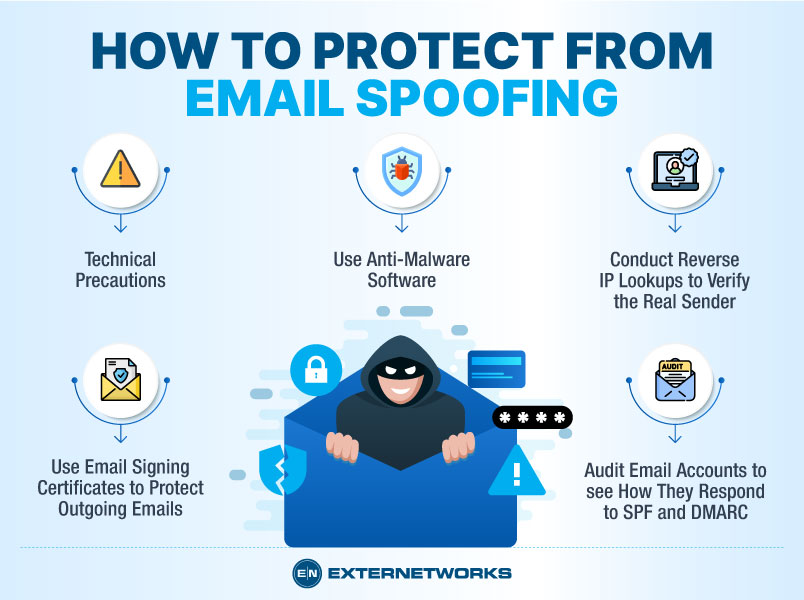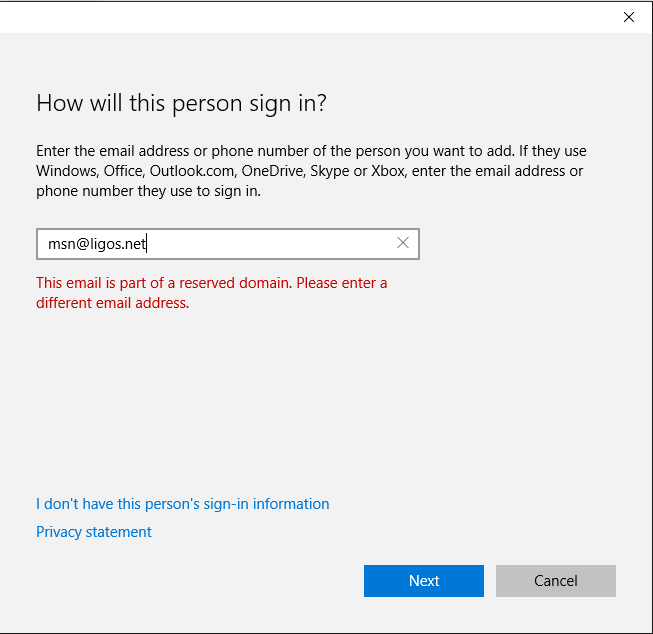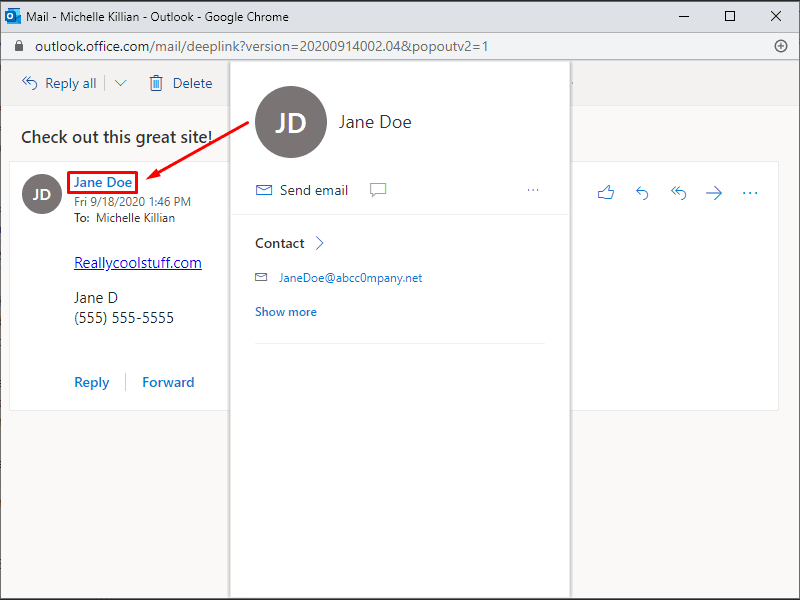No, “email com” is not a real domain. Domains need a valid top-level domain (TLD) like .com, .org, or .net.
Email is a common way to communicate in the digital world. You may wonder if “email com” is a real domain. It sounds simple and catchy, but it’s not a valid domain. The internet uses a system of TLDs to organize websites.
So, a domain must end with a proper TLD like. com or. net. This structure helps keep the internet organized and secure. Understanding how domains work can prevent confusion and help you navigate the web better. Let’s explore more about domains and why “email com” doesn’t qualify as one.
Introduction To Email Com
Many people ask if Email Com is a real domain. This question arises because Email Com sounds simple and official. This blog post will explore the origins, popularity, and usage of Email Com.
Origin Of The Domain
Email Com was first registered many years ago. Its name is straightforward and easy to remember. This makes it a topic of interest for many users. The domain was created to serve specific needs in the digital world.
Popularity And Usage
Email Com has attracted attention over the years. Many users have shown interest in it because of its simple name. Yet, its actual usage is limited. Not many websites use this domain. It is often mistaken for common email services.
Despite its simplicity, Email Com remains a curiosity. People wonder why it is not more widely used. Understanding its origins and popularity helps clear up some confusion.

Credit: cheapsslsecurity.com
Legitimacy Of Email Com
You’ve probably come across the domain “email.com” and wondered if it’s legitimate. This question pops up often, especially when you’re cautious about email scams. So, is email.com the real deal? Let’s break it down.
Verification Methods
First off, how can you verify if a domain is legitimate? There are several ways to do this:
- WHOIS Lookup: Use a WHOIS lookup tool to check the registration details. This will tell you who owns the domain and when it was registered.
- Domain Age: Older domains are usually more trustworthy. You can check the age of the domain through various online tools.
- SSL Certificate: Secure domains have an SSL certificate. Look for the padlock icon in the browser’s address bar.
Using these methods, you can quickly determine if email.com has legitimate backing. It’s crucial to do these checks, especially when dealing with sensitive information.
Common Misconceptions
There are several misconceptions about email domains. Some people think all email domains are secure because they look professional. This isn’t always true.
Another common myth is that popular domains can’t be used for scams. Unfortunately, scammers often use familiar domains to trick users.
It’s vital to stay informed and cautious. A domain’s appearance doesn’t guarantee its legitimacy. Always verify using reliable methods.
Have you ever wondered why some domains seem sketchy? What steps do you take to verify their authenticity?
By following practical verification methods and debunking common misconceptions, you can confidently navigate the world of email domains. Always remember, a little caution goes a long way in protecting your information.
Risks Associated With Email Com
Email Com is not a real domain and poses risks. Scams, phishing, and data theft are common threats. Always verify email sources before engaging.
Email Com poses several risks to users. These risks can compromise your security and privacy. Understanding these risks is important for safe internet use.
Security Concerns
Email Com domains can have weak security measures. Hackers can easily exploit these weaknesses. User data can be exposed or stolen. This can lead to identity theft.
Security breaches can also cause financial loss. Personal information like credit card numbers can be at risk. Users must be cautious and use strong passwords.
Phishing And Scams
Phishing is a common threat with Email Com. Scammers often use fake domains to trick users. These scams can look very real. Users may unknowingly provide sensitive information.
Phishing emails can lead to malware infections. Clicking on malicious links can harm your device. Always verify the sender before opening any email. Be skeptical of unexpected messages.
Staying alert can help protect you from these threats. Awareness and caution are key to staying safe online.
“`
Comparing Email Com With Other Domains
Comparing Email Com with other domains can provide insights into its effectiveness. Understanding the nuances of different domains helps in making informed decisions. This section will explore common alternatives to Email Com, along with their advantages and disadvantages.
Common Alternatives
Several domains are widely used for email services. Popular choices include Gmail.com, Yahoo.com, and Outlook.com. Each of these domains offers unique features and benefits. Gmail.com is known for its integration with other Google services. Yahoo.com provides a simple interface and large storage space. Outlook.com integrates well with Microsoft Office tools.
Advantages And Disadvantages
Email Com has its own set of advantages and disadvantages. One advantage is its simplicity. The domain is short and easy to remember. This can make it convenient for users. Another advantage is its unique branding. A distinctive domain can help in standing out. However, there are also disadvantages. Email Com may not be widely recognized. This could lead to trust issues among users. Additionally, the domain might lack advanced features found in other services. Users may miss out on integrated tools and security features.
How To Identify Fake Email Com Domains
Identifying fake email com domains is crucial in today’s digital world. Scammers often use these to trick users into sharing personal information. By knowing how to spot these fake domains, you can protect yourself from potential threats.
Red Flags To Watch For
Fake email com domains often have subtle differences. Check for spelling errors in the domain name. Real companies rarely make such mistakes.
Look at the email’s sender name. If it looks suspicious or unfamiliar, be cautious.
Pay attention to the email content. Fake emails often ask for personal details or urgent actions.
Tools For Verification
Several tools can help you verify email domains. Use WHOIS lookup to check domain registration details. It shows the domain’s creation date and owner.
Another tool is email verification services. These tools can check if the email address exists and is valid.
Browser extensions can also help. They can alert you about suspicious domains while you browse.
Impact Of Email Com On Businesses
The impact of using an “Email Com” domain on businesses can be significant. It can affect brand reputation and customer trust. Understanding these effects is crucial for any business considering this domain.
Brand Reputation
Brand reputation is vital for business success. Using an unfamiliar domain like “Email Com” can confuse customers. They may not recognize the domain as legitimate. This confusion can harm your brand’s image. A reputable domain builds trust and credibility. Customers prefer familiar and trusted domains. A recognizable domain name can enhance your brand’s perception.
Customer Trust
Customer trust is essential for long-term success. An “Email Com” domain might raise doubts. Customers may question the legitimacy of your emails. Trust issues can lead to lower engagement rates. Customers may hesitate to open emails from unknown domains. Building trust requires consistency and reliability. A well-known domain name can foster trust. Ensure your domain is easily recognizable to your audience.
Expert Opinions On Email Com
Is Email Com a real domain? This question has intrigued many. To get clarity, we turned to industry experts for their insights and analyzed real-world examples. Let’s dive into what the pros have to say.
Industry Insights
Experts have weighed in on the status of Email Com. Many agree that while the domain itself might exist, its legitimacy and purpose are critical to scrutinize.
Some industry insiders have highlighted that the domain is often used for testing and educational purposes. It’s not typically associated with legitimate business operations.
Have you ever wondered why you rarely see Email Com used in professional settings? Experts suggest that it lacks the credibility and trustworthiness associated with well-known domains like Gmail or Yahoo.
Case Studies
Real-world examples can offer a clearer picture. Consider the case of a small business owner who decided to use Email Com for their marketing campaigns.
They soon realized that many of their emails were flagged as spam. The lack of domain authority associated with Email Com raised red flags for email filters.
Another example involves an educational institution using Email Com for student projects. They found it useful for simulations but not for actual communication.
These cases highlight the potential pitfalls of using Email Com. Have you had a similar experience or know someone who has? Sharing these stories can help others make informed decisions.

Credit: www.extnoc.com
Future Of Email Com
The future of Email Com is promising and filled with potential. As digital communication grows, Email Com domains could see significant changes. Innovations will likely shape how we use email. Let’s explore what the future holds for Email Com.
Predicted Trends
Experts predict that Email Com will become more secure. Privacy concerns drive this trend. Users want their emails to be safe from cyber threats. Enhanced encryption methods will likely be used. Spam filters will get smarter too. These changes aim to protect users better.
Technological Developments
Technological advancements will impact Email Com domains. Artificial Intelligence will play a key role. AI could help organize and prioritize emails. This will save users time. Machine learning will improve email search functions. Finding old emails will be easier.
Integration with other tools will increase. Email Com may work seamlessly with calendars and task managers. This integration will help users manage their time more efficiently. Voice recognition technology might be included. Sending emails using voice commands could become common.

Credit: blog.ligos.net
Frequently Asked Questions
Is Mail.com A Legitimate Email Domain?
Yes, mail. com is a legitimate email domain. It offers free and premium email services to users worldwide.
Is Email.microsoft.com A Legit Domain?
No, email. microsoft. com is not a legitimate domain. Always verify email addresses for authenticity to avoid phishing scams.
Are Email.com And Gmail.com The Same?
No, email. com and gmail. com are not the same. Email. com is a different email service provider. Gmail. com is Google’s email service.
Is .email A Valid Domain?
Yes,. email is a valid domain. It’s used for email-related websites and services. Many businesses use. email for specific purposes.
Conclusion
Email Com is not a real domain. It’s a common misunderstanding. Always double-check your email addresses. This ensures your messages reach the right place. Using verified domains keeps your communication smooth. It also prevents errors. Awareness about valid domains is key.
Stay informed and avoid confusion. Accurate information leads to better decisions. For safe emailing, remember these tips. Happy emailing!
